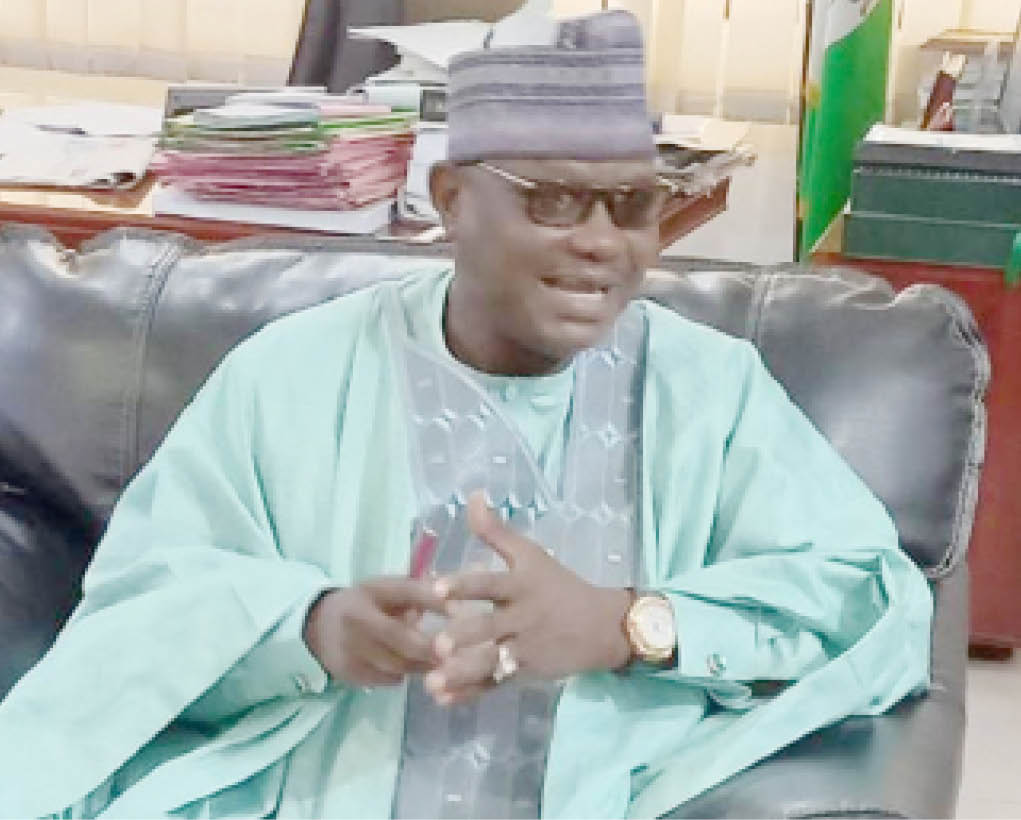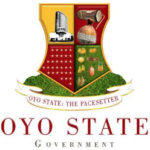Ado Muhammed Yahuza is the executive secretary/chief executive officer of the National Institute for Cultural Orientation (NICO). In this interview, he spoke on the gradual extinction of indigenous languages in Nigeria, impacts of globalisation and technology on cultural values and efforts of the institute in cultural orientation, among other issues.
Language is an integral part of our cultural identity, but we observed that our indigenous languages are somehow going into extinction; are you not worried about this trend?
Definitely, any serious Nigerian should be concerned about this development. And our elites are simply the cause.
Language is the key to opening the cultural resources in any country. The many indigenous languages we have in Nigeria are the purveyors of cultural norms and resources we have. But unfortunately, majority of our elites feel that teaching indigenous languages to their children should not be the in-thing. So what they do is to teach them English. They think it is better for them, assuming that doing so means that they are sophisticated. But they are wrong because we are contending with a very powerful external force in the name of social media. So many people coming from other cultures find their ways into our bedroom through the social media and the handsets our children are holding. Meanwhile, our cultural orientation from homes is being neglected.
This is culturally dangerous, even in terms of security or what have you. Our elites should stand up and teach their children their mother tongue. There’s nothing wrong in you teaching your child your indigenous language. You call yourself an Igbo, Yoruba or Hausa person, but then, your children cannot speak that language. It is embarrassing. We need to teach them because it would go a long way in imbibing in them our cultural values.
What are you doing to address this trend?
For us at the NICO, what we are trying to do is not just for you to learn your own indigenous language, we are also encouraging Nigerians to learn the indigenous languages of other ethnic groups. For a country with multi ethnic, religious and cultural groups like ours, it is important for you not to only learn your mother tongue but also other Nigerian languages so that you will be able to relate well with others. It will give you space to be able to move round than somebody who doesn’t understand other indigenous languages. Even in terms of security, it is important. If you are a soldier, a policeman or whatever, in the course of your duties in this country, it would make your job easier if you can speak the indigenous language of the people where you serve. It gives you leverage to penetrate to gather intelligence.
These are some of the advantages. I think there is the need for us to teach our indigenous languages to our children. We should not be ashamed of it. If we allow this trend to continue, the bigger languages will swallow the smaller ones up.
What is the collaboration between the NICO and other countries in actualisation of your mandate?
It is also part of our mandate to try to see that we establish cultural diplomacy with other countries, in terms of exchange, and all that. Since I came on board, we have had a couple of such collaborations. Recently, we hosted a delegation from the Brazilian Embassy; they want us to cooperate in the areas of development of indigenous languages and other sectors, in terms of cultural diversity.
The Brazil Federative Republic and Nigeria have a lot of things in common in terms of population, diversities and all that. We have discussed very fruitfully, and right now, we are studying the proposal to see how we can cooperate. At the end of the day, we will have some exchanges that will be mutually beneficial to the organisation. Apart from that, the US too came sometime ago. A professor and his team came from Delaware University on how to relate and cooperate in the area of arts and music.
Globalisation and technological advancement have made the world a global village. This is, however, taking negative tolls on our cultural values and norms, especially among the youth. As an agency, are you worried about this, and what advice do you have on this trend?
Any serious person should be worried, especially when you are a junior partner in dishing out information. Globalisation is something you cannot wish away. You have to come to terms with it. Technology has to develop. The only thing is that you have to positively use technology because science and technology could be used for negative purposes. And in the realm of culture, it becomes more dangerous.
In the case of Nigeria and other African countries, we are junior partners when it comes to technology. The natural space where they dish out their contents is our country. With the social media, people post all kinds of things without legislation and control. We are fed with all kinds of contents from all over the world. And people take these contents hook, line and sinker, especially our young ones. They spend more time on their phones and laptops feeding on contents that are culturally dangerous to us.
We as an agency of government will try to educate our parents on the need to monitor their children and be selective in terms of the contents they watch so that their cultural orientation will not be damaged. Look at the dressing people wear these days. People wear tattered jeans in the name of fashion and they buy them expensively. They copy from footballers and other celebrities they watch. You would see someone’s hairdo and it is like that of a madman. In the years back, if you saw such a person in the streets you would run away, but today, it is the in-thing. We also see young people sagging their trousers and almost exposing their private parts, all in the name of fashion. That, to me, is not part of our culture; it is irresponsible dressing. We need to address that because every society has norms and values. Even if we must borrow from other cultures, we must borrow positively.
What have been your efforts in actualising the mandate of your agency over the last one year you took over the mantle of leadership?
The first thing I did towards actualising our mandate internally was to look at the nature of the institute itself, the administration and the workings of the institute so that we can re-jig the structure to make it effective in delivering this very mandate. What I did was to align some of the schedule of staff members to put them where I thought they could be more effective. We did that through discussions with all the respective directors, key staff and the unions because this is very important in achieving our mandate. Having done that, we made some changes to make things effective in terms of delivery. If you want to work, apart from the competence of your staff, you all look out for their welfare.
We also tried to put in some of our ideas. One of it is payment of burial allowances that happened to be hanging. When we came in, we realised that the institute was not getting what it was supposed to get in terms of life insurance. There’s this life insurance located in the Head of Service, whereby if a staff dies while in service, a certain amount of money ought to be paid to his or her next of kin. That has not been done here, but we brought it and set up a desk officer in the Department of Human Resources. And to God be the glory, last two months, seven out of the number of staff that died received their pay. Their relatives received the pay, which ranged between N5million and N7million; which I think can go a long way in helping their children and family.
How do you go about the issue of cultural reorientation in the country?
This is the central mandate of this institute. We try to implement our mandate using many programmes. We have public lectures. We also have a training school and various programmes for various segments of the society. We have programmes that target the youth and women. We also have programmes that target the general public, including teaching of indigenous languages, and of course, the people outside.
We need people to understand that Nigeria is a great country; and we have cultural diversity, which is a plus for us. We should see our cultural diversity as an advantage.
What makes Nigeria great is because we are rich in cultures. We try to do public lectures and training in our institute. We run diploma in Cultural Administration and the contents are very educative. This will make one understand Nigeria even better. Even if you have gone through the university and you have done a degree, you come here and learn about Nigeria and understand the positive aspects of our cultural diversity. Once you do that, it enhances peaceful coexistence, and once there is peaceful coexistence, it will enhance economic development. Like I said, the training we do are of different types. There is one we do for academic purpose, where you get a certificate after a two-year course in Cultural Administration. As we talk now, our team is in Kaduna, where we are trying to get accreditation from the National Board for Technical Education.

 Join Daily Trust WhatsApp Community For Quick Access To News and Happenings Around You.
Join Daily Trust WhatsApp Community For Quick Access To News and Happenings Around You.


